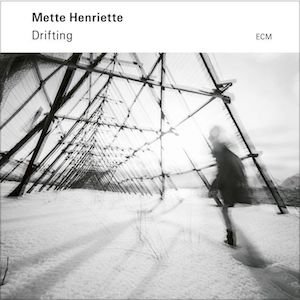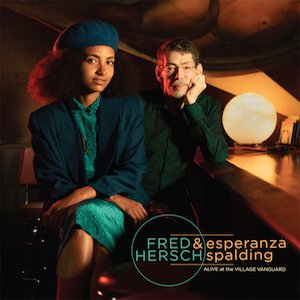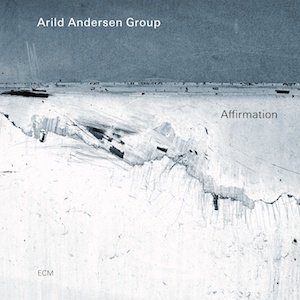Label: Brother Mister Productions, 2023
Personnel - Scott Robinson: tenor saxophone, trumpet, tarogato, alto clarinet, slide cornet; Matthew Shipp: piano; Kevin Ray: bass; Gerald Cleaver: drums.
The sophomore outing from East Axis, an enthralling quartet made of experienced liberal-minded improvisers, is called No Subject and showcases a pleasing contrast of tones and moods that is meant to be explored loud and with open views. For this 12-track release, the founding members - pianist Matthew Shipp, bassist Kevin Ray and drummer Gerald Cleaver - enlisted the colossal multi-reedist Scott Robinson, who sits in for the captivating saxophonist Allen Lowe.
Tearful tarogato cries appear on top of a lyrical, requiem-like accompaniment in the opener “At the Very Least”. This piece gains a certain thrust as well as some weightiness in the step, but that doesn’t refrain Robinson from expanding his taut prose. The group goes for a lighter conclusion, which opposes to the heavier measures on the ominous “Metal Sounds”, where Shipp shows his superlative technique and drive, and Robinson his command of interesting rhythmic figures over swinging patterns.
With “I Like it Very Much”, the quartet engages in a rhythmic game that includes, at its very top, boppish linearity and angular boldness. Their penchant for swinging brings to mind a mix of Monk, Mingus and Cecil Taylor (without the dissonant crashes in the lower register). “Decisions Have Already Been Made” brings the energy even further with fiery saxophone, ebullient drumming, and tangled bass threads. Shipp’s delayed entrance makes an impact via the chordal impetus. He becomes the protagonist halfway, when the group finds a lull, and then is the bittersweet tone of Robinson’s trumpet that finishes the proceedings, leaving us with a funny sensation of grumpiness.
The tensile title track pairs sinewy clarinet with racing drum clatters at the outset. Balancing the dynamics, the volatile piano playing infuses a third dimension in the flux, which is maintained with proper glow until the end. Both “Sometime Tomorrow” and “Word and Respect” evoke a different spirit as two static forms of contemplation. The former is filled with mystery, underscored by Ray’s arco and pizzicato work; the latter creates more pathos via solemn piano chords, ponderous bass lines cymbal stretching sounds, and lamenting saxophone.
No Subject is pure creativity; a respectable follow up to Cool With That (Esp-Disk', 2021), whose impact was tremendous.
Favorite Tracks:
02 - I Like it Very Much ► 05 - Decisions Have Already Been Made ► 06 - Metal Sounds








































